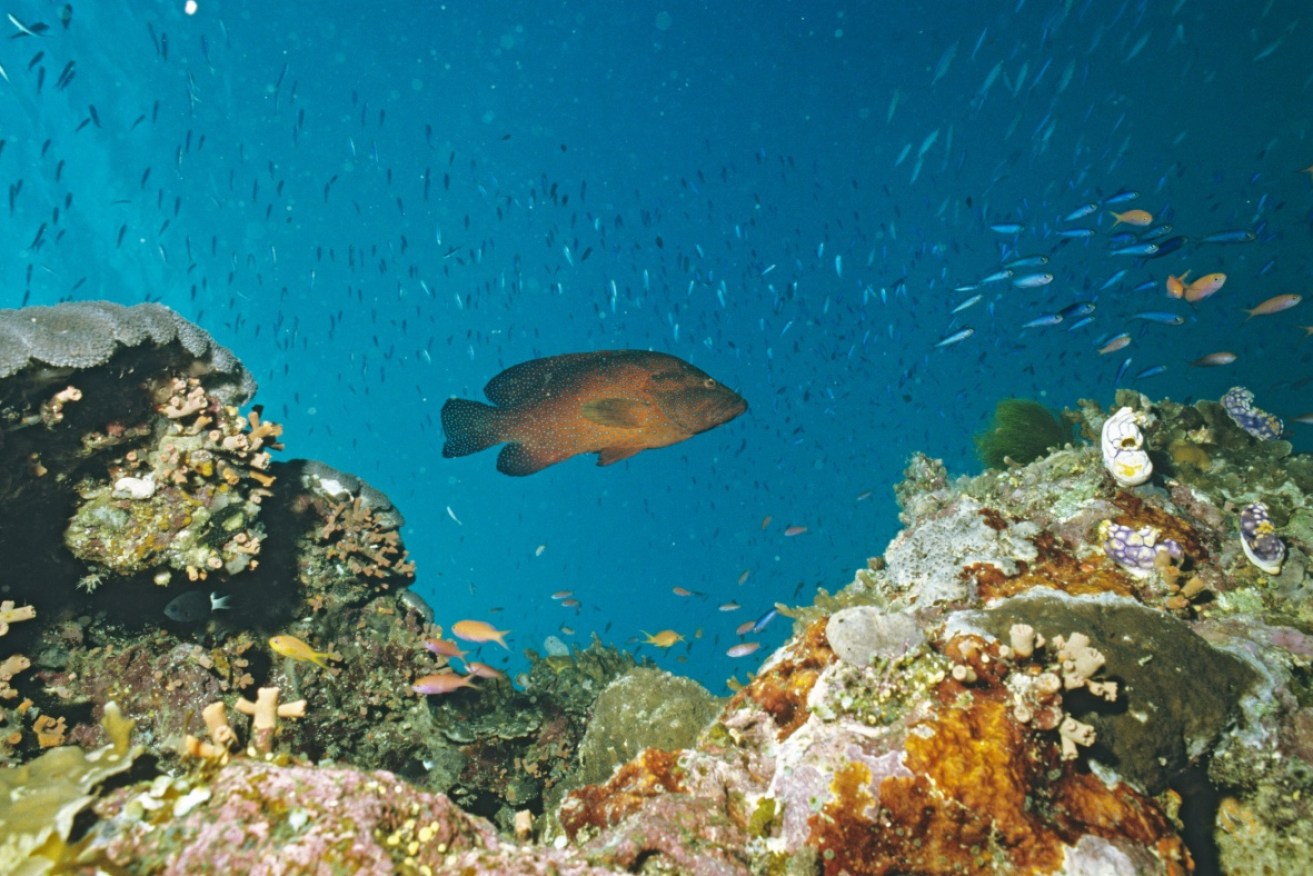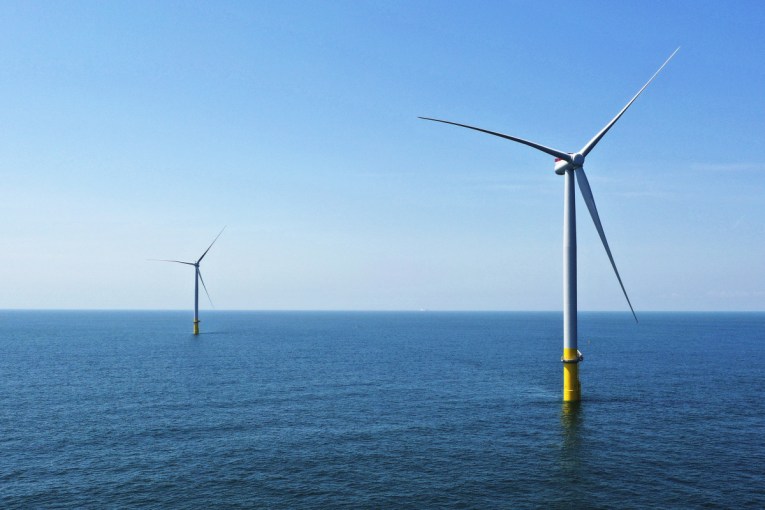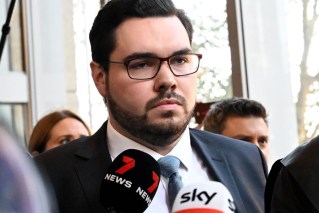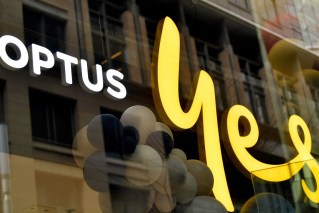Great Barrier Grief: Questions arise over record $444m environmental grant


The Great Barrier Reef Foundation received $444 million from the federal government. Photo: Getty
One of the largest environmental grants in Australian history was handed to the Great Barrier Reef Foundation – a non-profit that employs only a handful of staff – without a competitive tender process.
A week before the federal budget, the government announced it would give $444 million to the foundation to “tackle crown-of-thorns starfish, reduce pollution into the reef and mitigate the impacts of climate change”.
But questions arose on Monday about whether the non-profit group, which lists only six full-time and four part-time employees with the charity regulator, would be capable of administering a grant worth more than 45 times its annual budget.
During Senate estimates hearings, Environment Department bureaucrats revealed there was no competitive tender process to determine who would be best placed to receive the record funds.
Instead, the foundation, which has described the windfall as like “winning the lotto”, was chosen by the government without being asked if they wanted the money or how they would spend it.
Critics questioned why the money to protect the reef was handed to a charitable organisation that employed few staff but was backed by corporate Australia rather than government-run agencies such as the Marine Park Authority.
“There are plenty of other places we could be allocating this money where we could have effective control over it,” Greens Senator Peter Whish-Wilson told the hearing.
Labor Senator Kristina Keneally accused the government of doling out money to the foundation without any proper process.
“As someone who has overseen a number of these processes at state government level, I cannot imagine ever a government just, without a competitive or open process or some kind of public service comparator, just blithely awarding nearly half a billion dollars to an organisation which has six full time employees,” she said.
But departmental officials defended the decision, saying the foundation was a “known entity and known quantity to us”.
Cabinet Minister Simon Birmingham, representing the Environment Minister during Mondays’ hearings, said the “track record of the foundation” was a core reason for the decision.
The former Labor government had also provided money to the foundation, Senator Birmingham said.
Departmental officials insisted the non-profit would be subject to strict guidelines via a grant agreement that was still being drawn up.
“It’s not just the foundation that’s going to be delivering this,” Environment Department bureaucrat Stephen Oxley said.
He added it would “bring external investment beyond what government is going to muster, because they are a philanthropic foundation”.
Mr Oxley said the government was now going through a due diligence process to conclude whether the “partnership” between the government and the foundation “can be consummated, for want of a better word”.
Senator Keneally replied: “If I borrow that analogy, I did a lot of due diligence on my husband before we got married. You don’t seem to have done any due diligence on this organisation before you announced a half a billion dollar commitment to them.”
The $444 million grant is nearly eight times the total $58 million in revenue raked in by the charity over the past 10 years, according to a decade’s worth of annual reports reviewed by The New Daily.
The foundation, which operated at a deficit in 2017, took in nearly $8 million in revenue last year, down slightly from the previous year.
Labor and Greens senators also attacked the foundation’s close links to corporate Australia, noting some members of the board and “chairman’s panel” were involved in big polluting industries.
The foundation’s website lists its corporate partners as BHP, Google, and Rio Tinto, as well as Boeing and Qantas, which have current executives on the board.
Chairman John Schubert is a former managing director of Esso, while the chairman’s panel includes the heads of BHP, Shell, Peabody Energy, Orica, CBA, NAB, ANZ, AGL and the Business Council of Australia.
Russell Reichelt, who is chief executive and chair of the marine park authority, also serves on the board of the foundation.
Mr Reichelt told the hearings he learned the government would be awarding the money to the foundation a few weeks before the announcement on April 29.
Mr Reichelt said he had excused himself from board discussions about the government grant.








